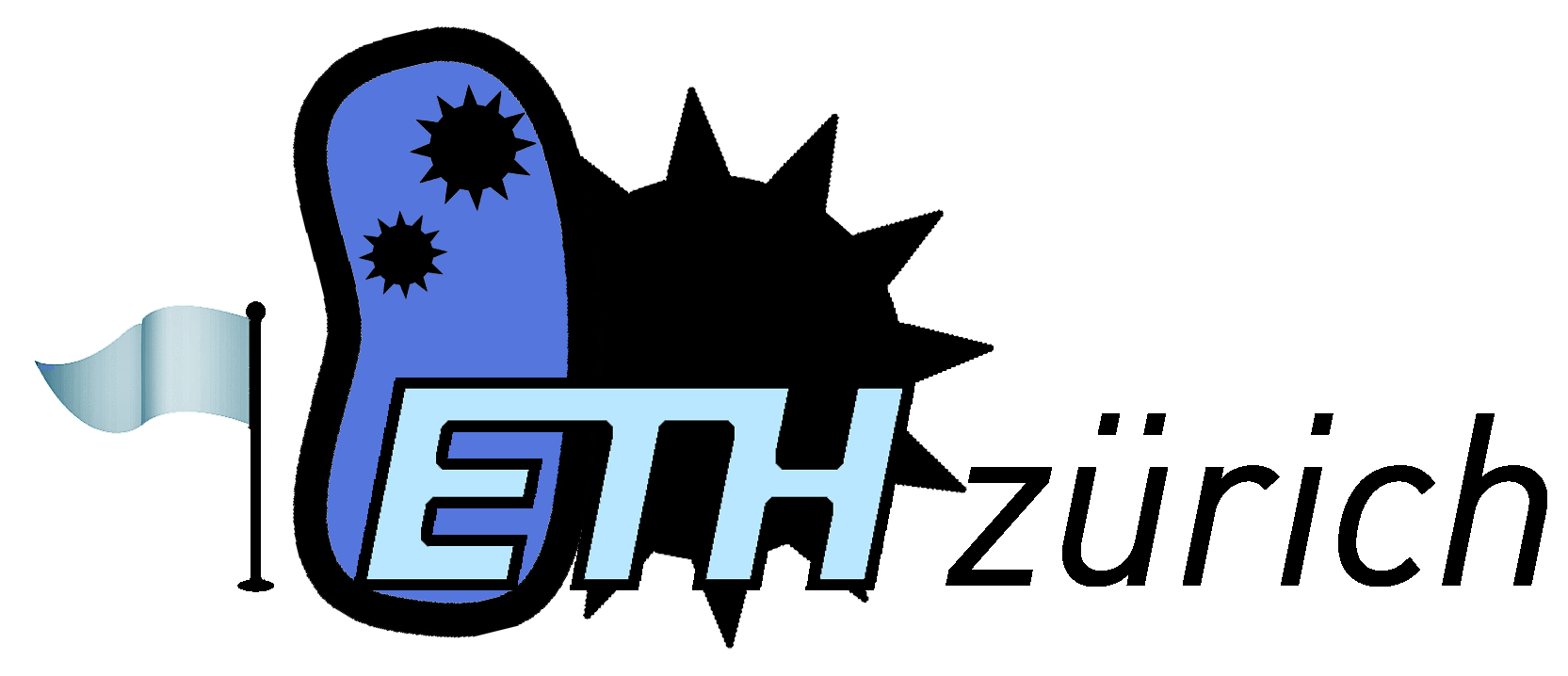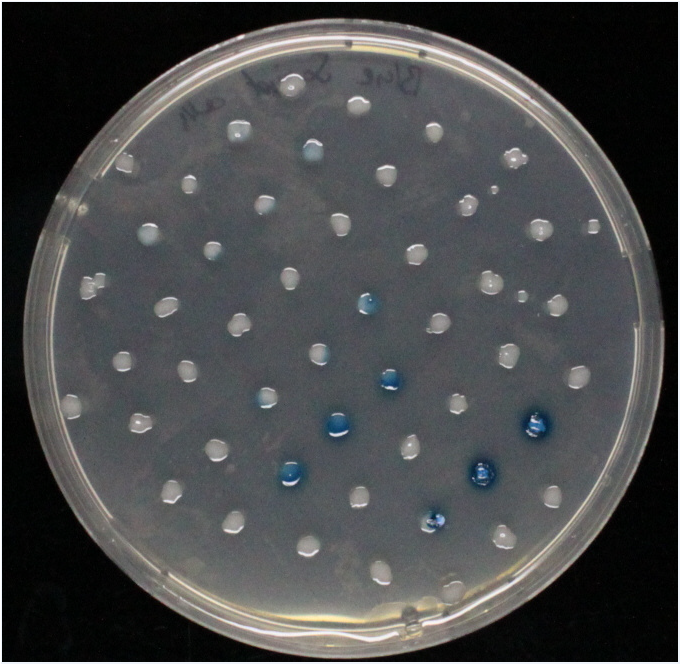Team:ETH Zurich/Experiments 7
From 2013.igem.org
(Difference between revisions)
| Line 7: | Line 7: | ||
<br clear="all"/> | <br clear="all"/> | ||
| - | + | <h1><b>Colorimetric response in liquid culture</b></h1> | |
| - | + | ||
| - | <b>Colorimetric response in liquid culture</b> | + | |
<br> | <br> | ||
| - | <b>Colorimetric response on LB-Agar</b> | + | <h1><b>Colorimetric response on LB-Agar</b></h1> |
<br><br> | <br><br> | ||
<h1><b>Beta-galactosidase</b> (LacZ)</h1> | <h1><b>Beta-galactosidase</b> (LacZ)</h1> | ||
Revision as of 08:35, 9 September 2013
Contents |
What about those hydrolases ?
We use hydrolases to realize a colorimetric response by conversion of a specific substrate. We will use five hydrolases : Beta-Galactosidase (lacZ),Beta-Glucuronidase (GusA); alkaline phosphatase (phoA);Glycoside hydrolase (NagZ) and the acetyl esterase (aes).
On this page you will find all relevant information on the hydrolases and enzyme substrate reactions based on papers and our results.
Colorimetric response in liquid culture
Colorimetric response on LB-Agar
Beta-galactosidase (LacZ)
Alkaline phosphatase(PhoA)
Acetyl esterase (Aes)
Glycoside hydrolase (NagZ)
Beta-glucuronidase (GusA)
 "
"







